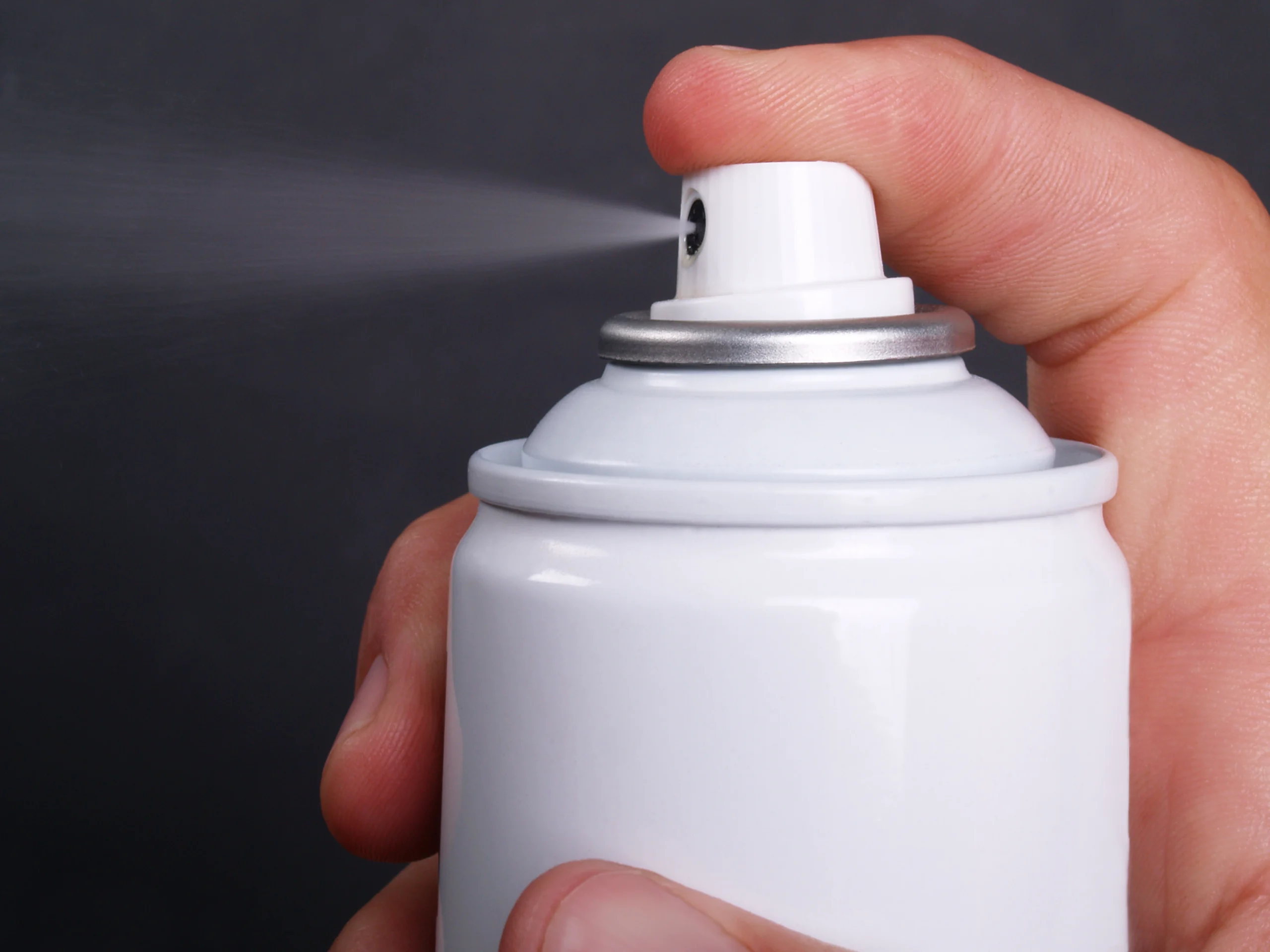Reaching Rock Bottom: How Bad Does It Have to Get?

The phrase “rock bottom” is a term commonly thrown around to describe the lowest point of a person’s life. It’s been thrown around flippantly as a joke, and it’s been used to describe the seriousness of addiction or one’s mental state.
But what is this so called rock bottom? When do we hit it? What does it look like and mean to hit rock bottom?
When does an addict hit rock bottom?
To be frank, defining rock bottom isn’t necessarily done easily or simply. Rock bottom for someone battling addiction may look very different from someone reaching rock bottom because of anxiety. It might be the line you cross that you promised yourself you’d never cross; possibly it’s a shocking wake-up call.
For some, rock bottom may look like one of the following:
- Receiving a DUI/DWI;
- Your marriage ending or your partner leaving;
- Losing your job or being expelled from school as a result of substance use;
- Financial crisis;
- Being evicted;
- Injury or hospitalization as a result of substance abuse, especially in the case of an overdose;
- Committing a crime.
No matter what it looks like, rock bottom is typically that feeling where things couldn’t get any worse, which is never an enjoyable place to be. It can be frightening, overwhelming or downright hopeless. However, there is always hope and the possibility of recovering from anything with the right mindset and treatment program.
Do I need to hit rock bottom to receive treatment?
Many people struggling with addiction believe they need to hit rock bottom in order to finally need treatment. This is wholly false.
A lot of good can be done for individuals who attend treatment, or at least meet with a counselor, before they reach the infamous rock bottom. In fact, because rock bottom is so unpleasant, proactively seeking out treatment can save you from much hardship, heartache and suffering.
There’s no such thing as an addiction or your mental health being “bad enough” to receive treatment. This is what level of care assessments are for in treatment admission processes. Mental health professionals take a look at your background, story, current state and concerns, and base your treatment plan off the level of care they believe you need.
So do you need to hit rock bottom to finally be a good candidate for treatment? No, absolutely not.
Hitting rock bottom means an addict is ready for treatment, right?
Not necessarily. Unfortunately, some people battling addiction hit rock bottom and still are reluctant to attend treatment.
One key reason for this reluctance is fear.
It may sound strange, but consider this. Treatment is possibly full of unknowns; treatment means withdrawing and all its unpleasant side effects; it means finally facing and coming to terms with the difficult emotions the alcohol and/or drugs have kept numbed for so long. Treatment means willing opening yourself up to some severe discomfort.
Of course this is scary, and a very valid reason for being nervous for treatment. What treatment also means is recovery and the promise of a life of freedom unattainable under the bonds of addiction. The way we see it, the other side of addiction treatment is infinitely worth the initial challenges. Plus, the treatment team offers a strong support system throughout the entire process, giving you the tools you need to succeed.
I hit rock bottom – now what?
Admitting that you find yourself at rock bottom can be absolutely terrifying because no one wants to find themself there. However, the brutal wakeup call can be a critical first step in getting yourself the right help, treatment and support to reset your life.
If your rock bottom is a result of a drug or alcohol addiction, you’ll want to seriously consider the benefits of addiction treatment and/or drug or alcohol detox. The detox program will first cleanse your system from all the chemical toxins, giving you a fresh slate from which to work, so to speak.
Secondly, enrollment in an addiction treatment program will help you to change your mindset on the addiction. Knowing that the addiction is wrong or bad or something you no longer want to be a part of is a good starting place, but treatment helps to root that mentality into your everyday habits and routines. In addition, it gives your brain the time to physically heal from the damages caused by drugs and alcohol.
Considering addiction treatment?
If you believe yourself to be at rock bottom, don’t fear. There is hope and the possibility of a new life full of freedom and peace.
To begin this journey to recovery today, reach out to High Focus Centers PA at 610-644-6464.








